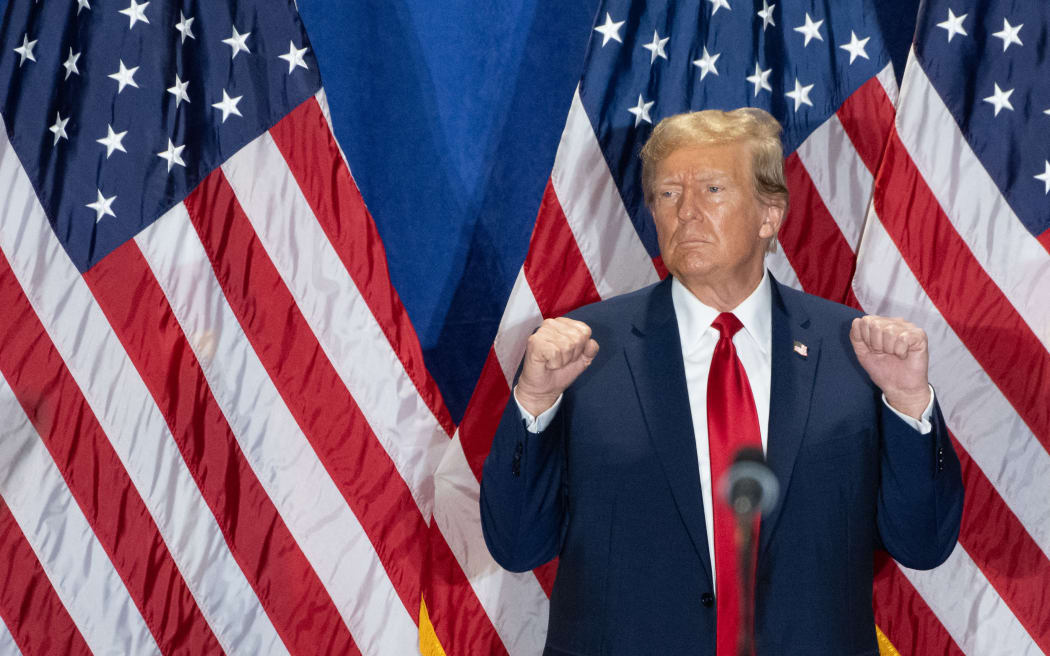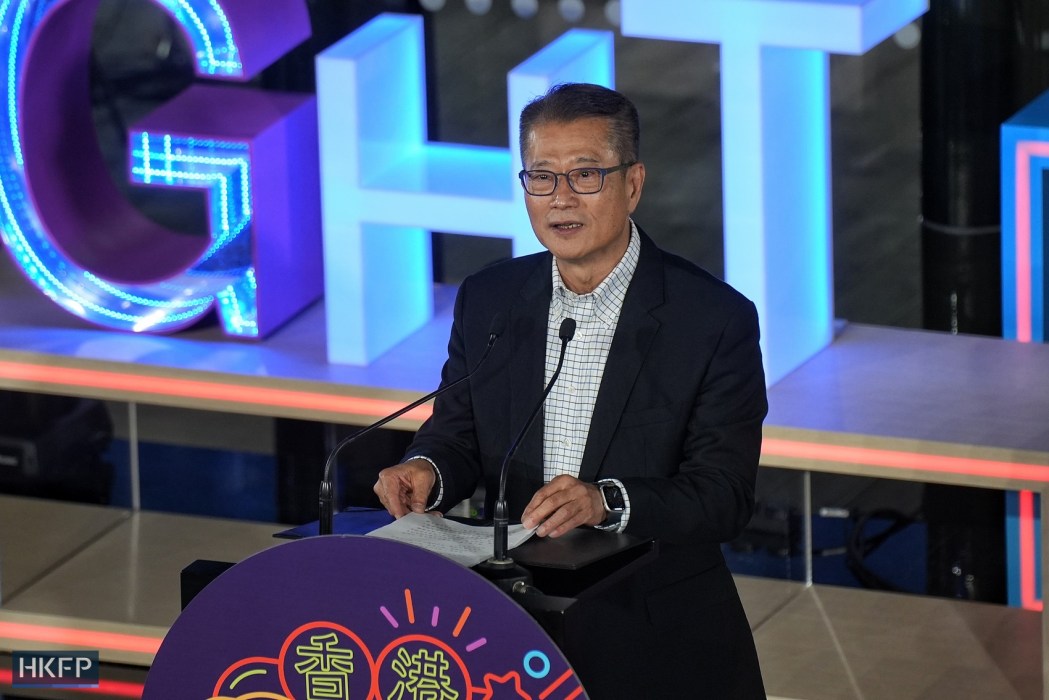In an era where travel experiences are as much about the journey as the destination, airports have become culinary destinations in their own right.
Airport eateries worldwide have stepped up their dining game over the years, ensuring passengers can indulge in more than just duty-free shopping.
Whether it's a quick bite before boarding or a leisurely meal during a layover, international terminals are serving up a taste of destination cuisines before travellers have even set foot in their desired country.
As summer approaches and flights abroad are hastily booked, you may just stumble across some of the best food and drink international airports have to offer - as Food & Wine have ranked the top ten leading terminals across the globe.
So, if you're after gourmet goodies, tantalising treats, or boozy beverages during your next journey, read more below to find out if you'll be making a pitstop at ten of the world's leading airports for food and drink.

Airport eateries worldwide have stepped up their dining game over the years, ensuring passengers can indulge in more than just duty-free shopping
10. Vancouver Airport in Canada
Experience gorgeous runway views and the natural bounty of British Columbia when traveling through Vancouver's international airport, ranked tenth in Food & Wine's 2024 roundup.
Globe@YVR and Salmon n' Bannock On The Fly offer dishes that incorporate sustainable seafood caught right in the Pacific Northwest, while Jetside Lounge treats passengers to Okanagan wines sourced directly from British Colombia.

Globe@YVR and Salmon n' Bannock On The Fly offer dishes that incorporate sustainable seafood caught right in the Pacific Northwest
9. San Francisco International Airport in California, U.S.
READ MORE: The UK's cheapest and priciest airports for a full English breakfast revealed
AdvertisementNestled in the top ten at ninth place is San Francisco International, where enticing food hubs reflect the culinary diversity of the Bay Area.
SFO Airport offers travellers a range of dining options, from farm-to-table eateries to iconic food trucks, showcasing the region's commitment to sustainability and innovation.
Visit Napa Farms Market for its bar, soups, and sandwiches, all using area favorites like Cowgirl Cheese and Acme Bread, or for those who are seeking more organic options, The Plant Café Organic is renowned for its salads, juices, and sandwiches.
8. Hartsfield–Jackson Atlanta International Airport in Georgia, U.S.
You'll find plenty of Southern hospitality and bold, rich flavours at Hartsfield-Jackson.
Alongside U.S. fast food chain Chick-fil-A, at Bantam and Biddy by Shaun Doty in Concourse C - which is open for breakfast, lunch, and dinner - you can sink your teeth into tasty chicken meals packed with Southern seasoning.
For a more sophisticated sit-down meal that blends Japanese inspired flavors with Southern favorites, including shishito peppers and fully stacked burgers.

Alongside U.S. fast food chain Chick-fil-A (pictured), at Bantam and Biddy by Shaun Doty at Hartsfield–Jackson Atlanta International Airport, you can tuck into tasty chicken meals
7. John F. Kennedy International Airport in New York City, U.S.
At this energetic airport, grab an iconic taste of New York at spots like The Palm Bar & Grille, where you can enjoy mouthwatering steakhouse meals.
However, JFK is truly an international hub, so it's easy to stumble across global flavors, including ramen at Soy and Sake in Terminal 1 and Mi Casa Cantina and Restaurant in Terminal 4.
6. Amsterdam Airport Schiphol in Netherlands
A culinary hub in the heart of Europe, Schiphol Airport showcases Dutch specialties such as stroopwafels, cheese platters, and hearty pancakes, alongside international favorites and trendy cafes.
In Café Rembrandt, travellers can relax and enjoy snacks and a cold beer - even at 10am - while Dutch Kitchen serves traditional dishes like Dutch pancakes and herring paired perfectly with Jenever, a Dutch-made gin.

A culinary hub in the heart of Europe, Schiphol Airport showcases Dutch specialties such as stroopwafels, cheese platters, and hearty pancakes alongside international favorites
5. Istanbul Airport in Turkey
READ MORE: Revealed: Why you should always take your own sandwiches to the airport
AdvertisementIn fifth place is Istanbul Airport, home to one of the largest duty-free areas worldwide.
Reflection its position at the crossroads of Europe and Asia, the airport features an incredible selection of culinary delights.
For a taste of Turkish street food with its fresh simits and pastries, Simit Sarayi offers passengers traditional fare in quick bites, while Cuisine Anatolia provides a more in-depth meal, which includes ishes like kebabs and rack of lamb.
4. Heathrow Airport in London, England
A melting pot of global flavors, Heathrow Airport also boasts an eclectic dining scene, as well as a few fan favourites among its British passengers.
Heathrow's bustling terminals features everything from traditional English pubs, such as the Prince of Wales, to fine dining restaurants like Caviar House & Prunier Seafood Bar and Fortnum & Mason.
You can even make a quick stop at Gordon Ramsey Plane Food, which brings gourmet dining to Terminal 5.

Heathrow's bustling terminals features everything from traditional English pubs, such as the Prince of Wales, to fine dining restaurants like Fortnum & Mason (pictured)

Caviar House & Prunier Seafood Bar (pictured) brings a touch of opulence and gourmet dining to Terminal 5
3. Dubai International Airport in UAE
Securing the third spot is Dubai International Airport, a culinary haven where global flavors converge.
Reflecting the opulence and diversity of Dubai itself, this airport boasts a culinary landscape that ranges from fine dining establishments to bustling food halls.
Travellers can indulge in Middle Eastern delicacies at spots such as the Lebanese-inspired Comptoir Libanais, or gourmet treats at L’Éclair de Génie, a pastry shop that specialises in eclairs.
For passengers native to the UK and U.S. who crave a taste of home, popular chains such as Shake Shack and Pret A Manger are also available in Terminals 1 and 5.

Reflecting the opulence and diversity of Dubai itself, Dubai International Airport boasts a culinary landscape that ranges from fine dining establishments to bustling food halls
2. Tokyo-Narita International Airport in Japan
Ranked as second on Food & Wine's roundup is Tokyo-Narita International Airport, celebrated for its authentic Japanese cuisine and premium sake bars.
From sushi to ramen, passengers can indulge in a wide array of traditional delicacies before boarding their flights.
The airport's three terminals have a combined 88 restaurants, cafés and bars, including six Japanese restaurants which specialise in anything from soba and sushi to teishoku (set meals) and dashi-chazuke, as reported by Time Out Tokyo.

Ranked as second on Food & Wine's roundup is Tokyo-Narita International Airport, celebrated for its authentic Japanese cuisine and premium sake bars

From sushi to ramen, passengers can indulge in a wide array of traditional delicacies before boarding their flights at Tokyo-Narita International Airport in Japan
1. Jewel Changi Airport in Singapore
It's no surprise that Singapore's renowned Jewel Changi Airport has topped the list in offering the best food and drink in the world.
Not only has it been previously rated by Skytrax as one of the world's cleanest airports, Changi boasts incredible architecture, including the tallest and largest indoor waterfall in the world: the HSBC Rain Vortex, standing at 40 meters.
As well as its pool, free movie theatre and butterfly garden among some of its dozens of delightful amenities, Changi offers its passengers a whopping 100 food vendors to choose from, as well as a hawker street market and robot bartenders.

Jewel Changi Airport boasts incredible architecture, including the tallest and largest indoor waterfall in the world: the HSBC Rain Vortex, standing at 40 meters

As well as its pool, free movie theatre and butterfly garden among some of its dozens of amenities, Changi offers its passengers a whopping 100 food vendors to choose from


 Related articles
Related articles




 Wonderful introduction
Wonderful introduction



 Popular information
Popular information